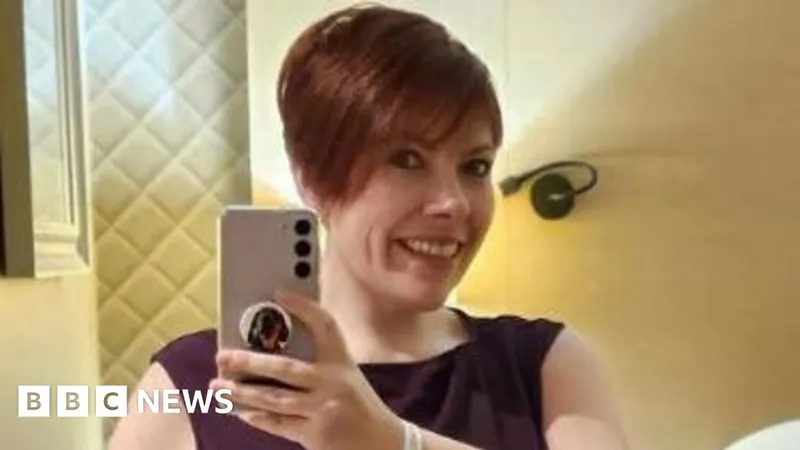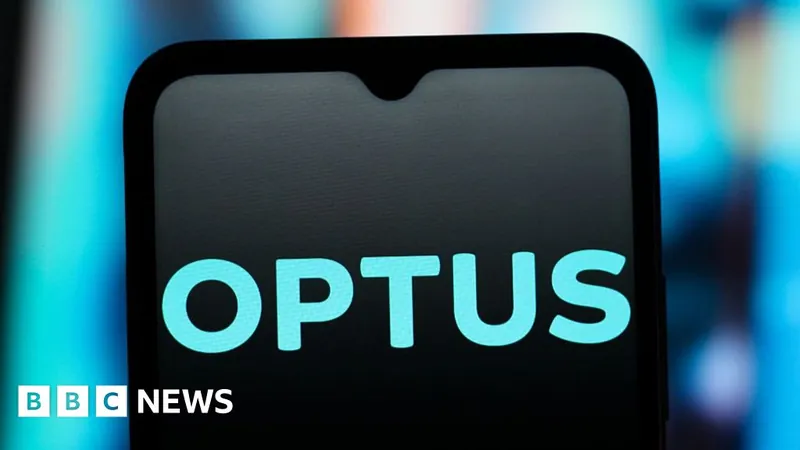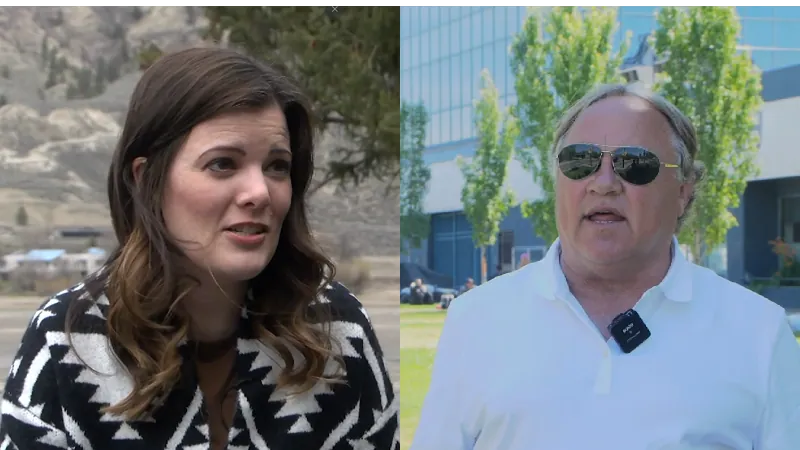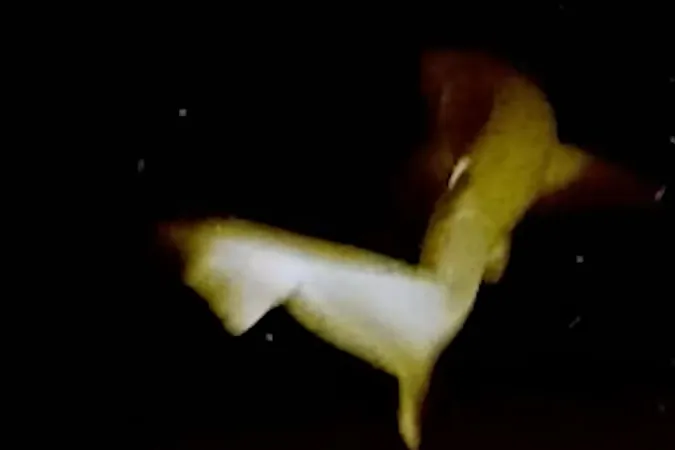
Meet the Bury Hero Transforming Childhood Cancer Survivorship
2025-09-19
Author: William
A Survivor's Mission to Make a Difference
In an inspiring journey of resilience, Kat Watson-Wood from Bury, Greater Manchester, is on a mission to help childhood cancer survivors thrive despite the challenges of their past. Diagnosed with a tangerine-sized brain tumor at just four years old, Kat underwent major surgery and intensive radiotherapy. Now, over three decades later, she’s leveraging her experiences to advocate for improvements in cancer survivorship.
Living with the Aftermath of Courageous Battles
Although Kat is now cancer-free, the effects of her treatment linger. With mobility challenges that require the use of a wheelchair and ongoing cognitive issues, her journey has not been easy. Reflecting on her past, she shares, "Just before my fourth birthday, I started walking with an unusual gait. I was staggering and walking into things," illustrating the profound impact her illness has had on her life.
Turning Pain into Purpose
Determined to turn her hardships into hope, Kat has devoted herself to research aimed at lessening the long-term impacts of childhood cancer treatments. She believes in "making something good out of a bad thing" and is committed to creating a brighter future for the next generation of survivors. "I'm trying to show that you can lead a successful and happy life even with side effects," she emphasizes.
Advocacy through Research
Since stepping away from nursing due to her health challenges, Kat has retrained as an IT executive and become an integral member of BRAINatomy—an innovative transatlantic research initiative backed by Cancer Research UK and Stand Up to Cancer. This groundbreaking project probes the long-term effects of radiotherapy on young patients, with the goal of enhancing treatment protocols and improving quality of life.
Collaboration Across Borders
Kat collaborates with researchers from renowned institutions such as The Christie, The University of Manchester, and teams from Memphis, USA, and Groningen, Netherlands. Their focus is to pinpoint the most radiation-sensitive areas of the brain to refine treatment methods like proton beam therapy.
A New Horizon for Survivors
As experts like Dr. Angela Davey highlight the importance of this research, Kat’s involvement underscores the real-world implications of scientific discovery. With insights drawn from past experiences, the project is paving the way for kinder treatments that prioritize the well-being of young cancer survivors.
Hope for Future Generations
With a hopeful outlook, Kat states, "Research has come a long way in the last 30 years. I hope this research will help reduce, if not eradicate, long-lasting side effects for future generations." Her story is a powerful reminder of the strength found in community and the transformative power of resilience.









 Brasil (PT)
Brasil (PT)
 Canada (EN)
Canada (EN)
 Chile (ES)
Chile (ES)
 Česko (CS)
Česko (CS)
 대한민국 (KO)
대한민국 (KO)
 España (ES)
España (ES)
 France (FR)
France (FR)
 Hong Kong (EN)
Hong Kong (EN)
 Italia (IT)
Italia (IT)
 日本 (JA)
日本 (JA)
 Magyarország (HU)
Magyarország (HU)
 Norge (NO)
Norge (NO)
 Polska (PL)
Polska (PL)
 Schweiz (DE)
Schweiz (DE)
 Singapore (EN)
Singapore (EN)
 Sverige (SV)
Sverige (SV)
 Suomi (FI)
Suomi (FI)
 Türkiye (TR)
Türkiye (TR)
 الإمارات العربية المتحدة (AR)
الإمارات العربية المتحدة (AR)